This document summarises the main messages from the report of the Lancet and Financial Times Commission on Governing health futures 2030: Growing up in a digital world which was published in October 2021. It explains why the Commission was created and what its key findings and recommendations are. This youth edition of the report is written especially for older children and youth who are interested in the ways that digital technologies are shaping our health and wellbeing. At the end of the document, there are some ideas for ways that young people can get involved in building better digital health futures.
The Commission’s report contains lots of technical terms which are highlighted throughout the document like this. All of these terms are defined in a glossary at the end.
If you would like to read the full Commission report, please go to The Lancet.
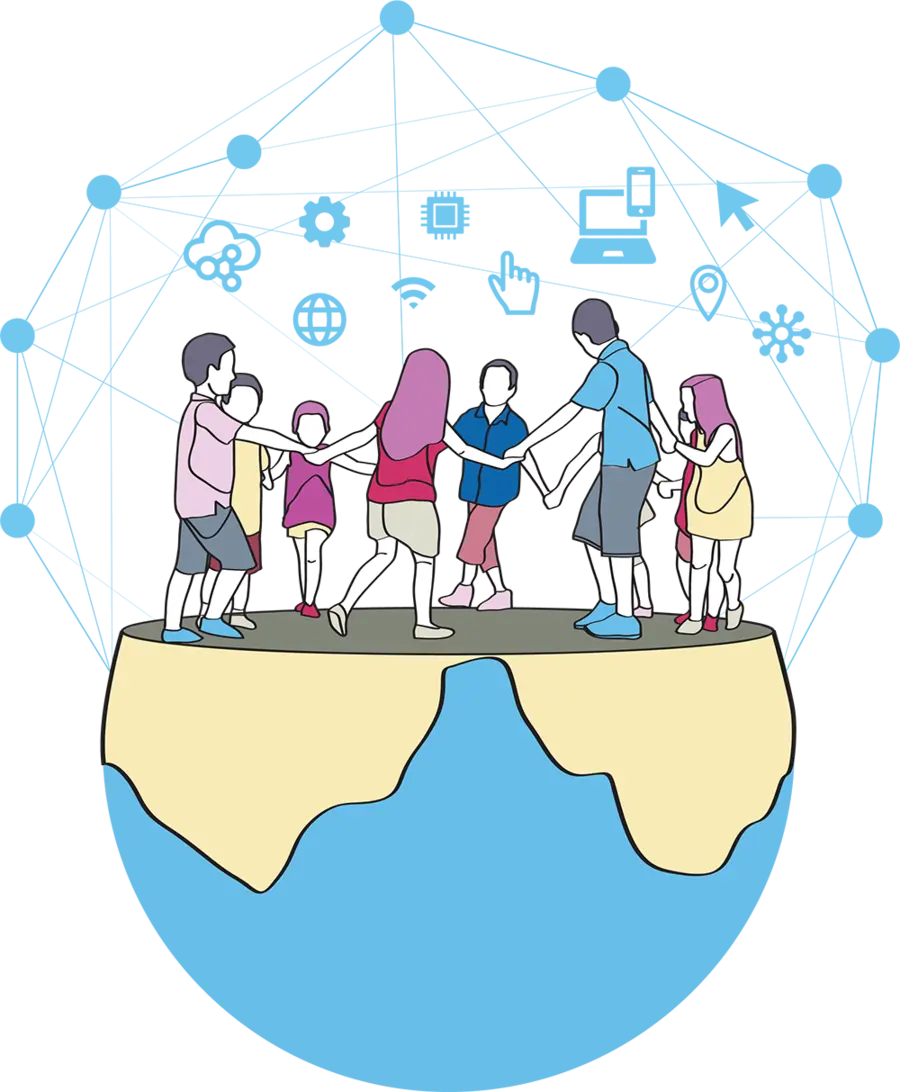
The future is digital
Our world is undergoing big changes. Climate change, urbanisation, conflict, and the COVID-19 pandemic are among the major shifts that are transforming people’s lives, our planet, and our futures.
One of the most radical changes facing our world is the rapidly growing use of digital technologies and the data that these technologies produce. Digital devices connected to the internet
can be found everywhere!
Digital transformations in health
Technologies are changing how we learn about health issues, how we access our health care, public health systems, and even who and what we trust to help us make health-related decisions.
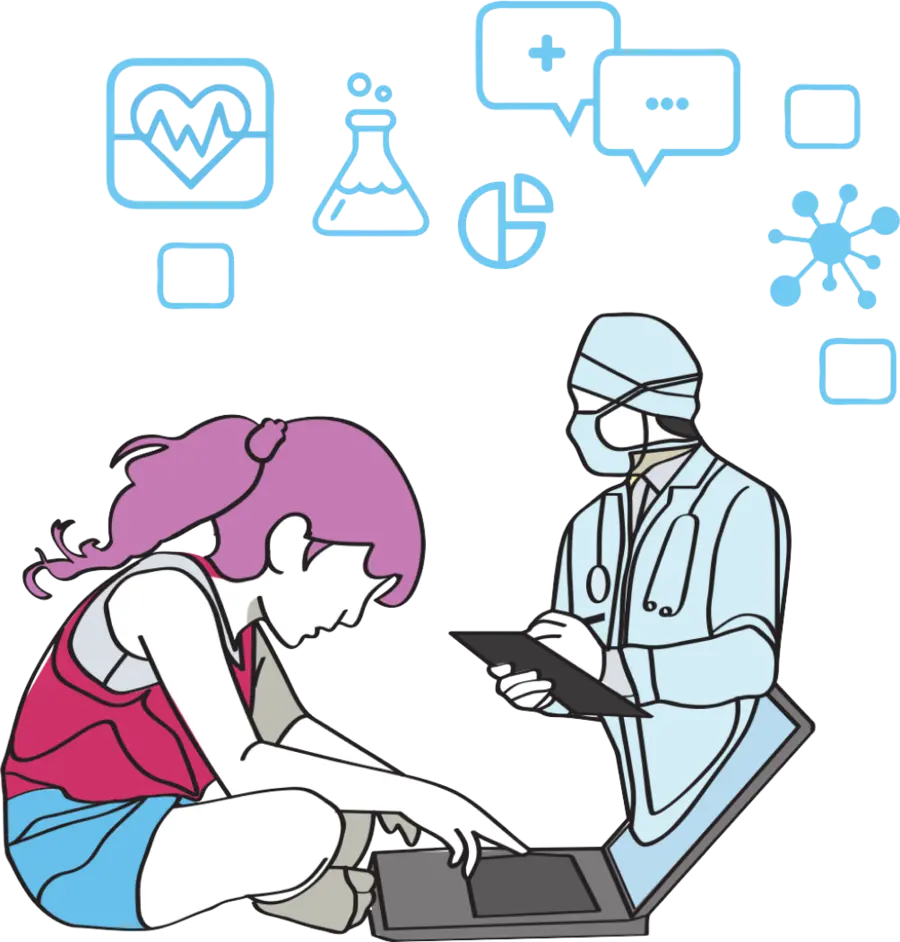
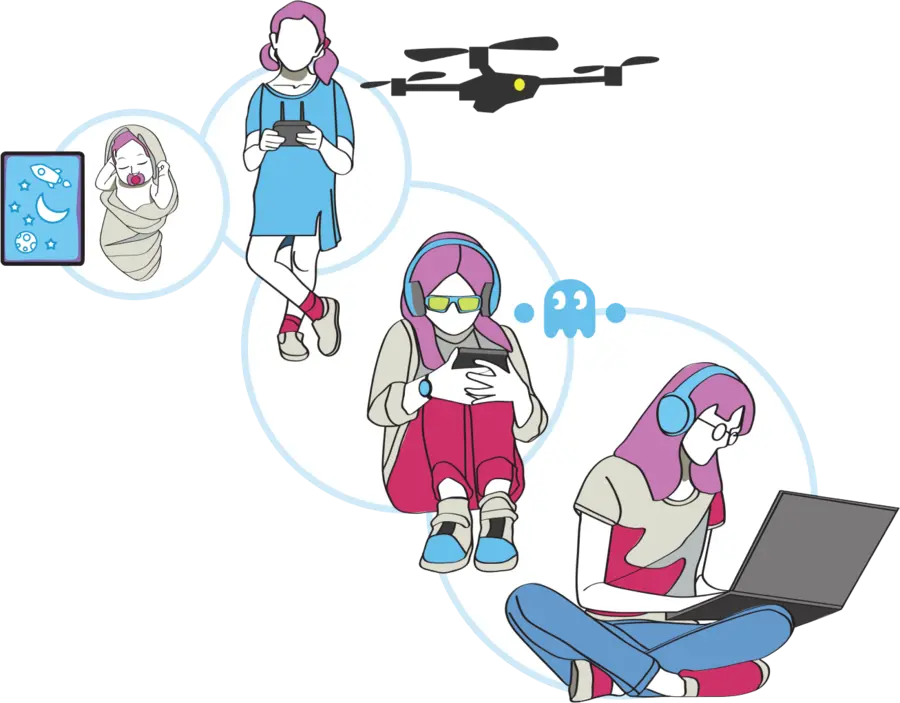
Opportunities and challenges for governing health futures
Figuring out how we maximise the benefits and reduce the risks of digital transformations to create better health futures is what the Lancet and Financial Times Commission on Governing health futures 2030: Growing up in a digital world (GHFutures2030) was created to explore.
Main findings
Viewing digital transformations of health through the lens of UHC, the Commission found that countries’ approaches to digital health governance are missing some important things:
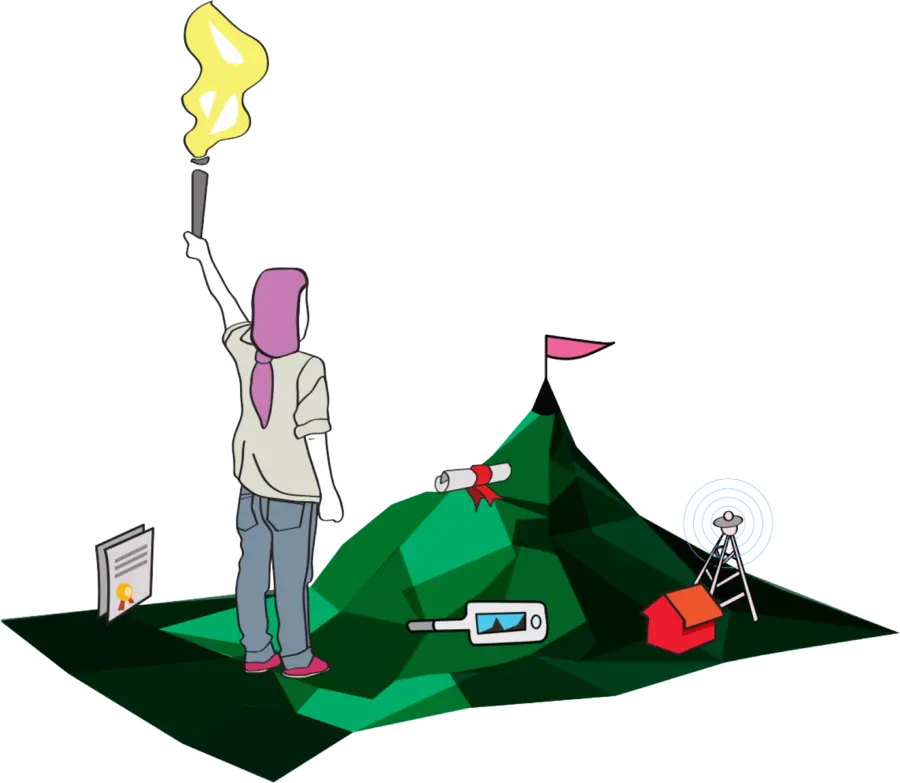

Recommendations
Digital transformations have the potential to improve everyone’s health and to allow young people to play a bigger role in making decisions about things that affect their lives.
Make a difference: What you can do
Everyone has a role to play in building better health futures.
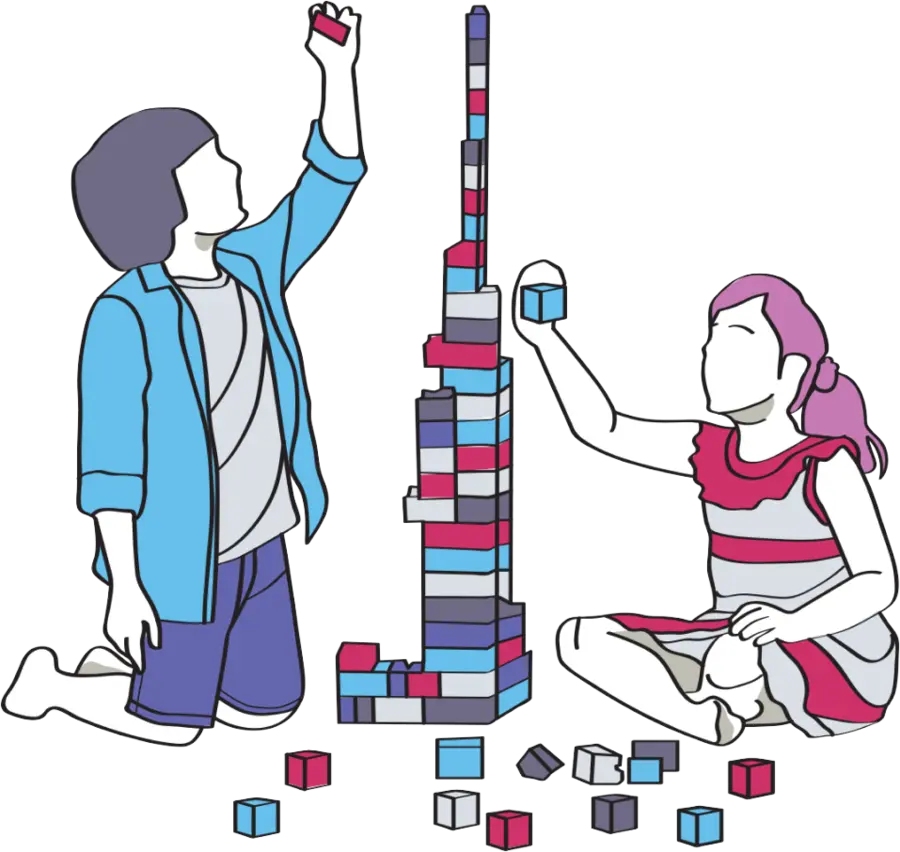
Youth Call to Action Video

For the first time, a joint The Lancet & Financial Times convergence of digital health, artificial intelligence (AI) and other frontier technologies with universal health coverage (UHC) to support attainment of the third Sustainable Development Goal (SDG).

